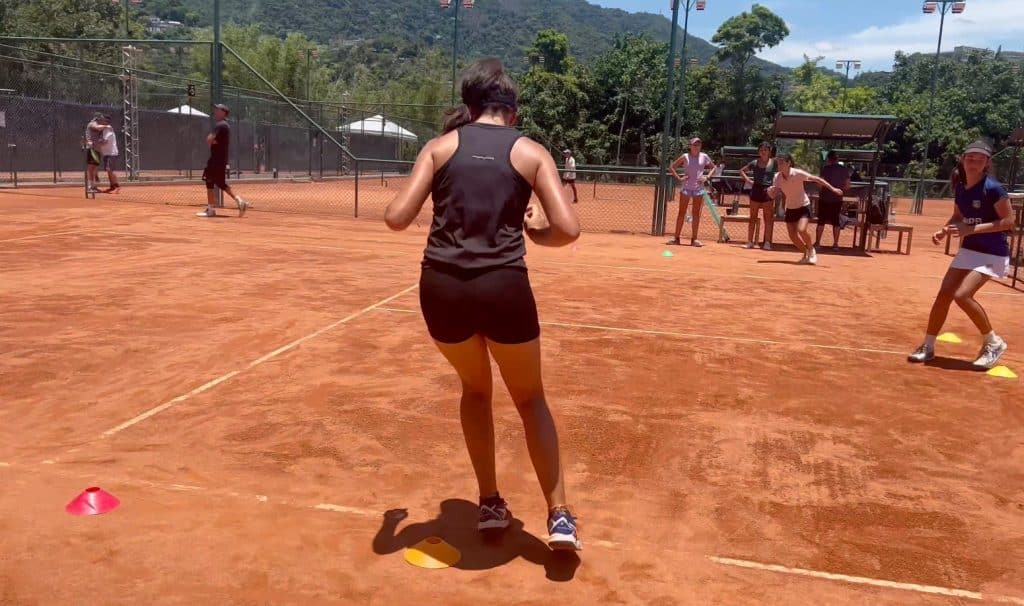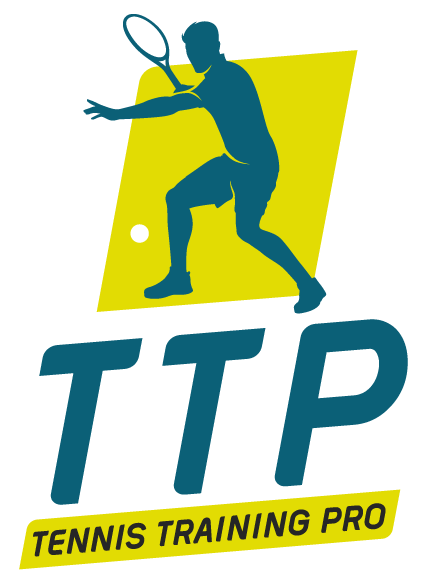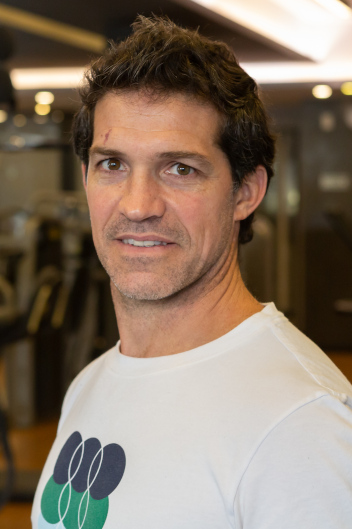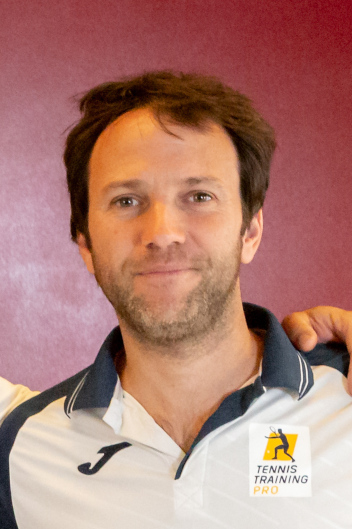Integral development of the tennis player: Physical preparation strategies for all formative stages.
30 de August, 2023
By Nehuén Contreras
Tennis is a sport that demands agility, bodily strength, power in movements and strokes, hand-eye coordination, and resistance for short bursts of effort alternated with pauses. It is characterized as one of the most physically demanding sports
As children are introduced to the sport, they initially develop basic motor skills (BMS) such as running and throwing. These skills then merge with complex motor skills (CMS) like coordination, coupling, dissociation, rhythm, and orientation. These elements intertwine to pave the way for incorporating motor tools specific to BASE PHYSICAL PREPARATION, a requirement for excelling in a sport demanding remarkable technical proficiency.
A formative sport aims to contribute to the holistic development of individuals. We highlight key aspects crucial for successfully navigating the stages of shaping a novice tennis player:
- Respecting the sensitive development stages of each skill, introducing postural exercises, and teaching strength techniques once children can follow instructions are some initial steps.
- Progression and regression should be carefully managed to effectively stimulate motor skills until the next level of difficulty can be tackled.
- Formative training differs from professional training in goals and timeframes. It’s essential to grasp that children aren’t mini-adults but possess distinct characteristics requiring qualified personnel.
- Physically, the body’s diverse tissues are adjusting to new internal signals, influenced by both chronological and biological age. This reflects in physical activity, underscoring the importance of closely monitoring young tennis players and making necessary training adjustments.
- Habits surrounding training sessions are vital for optimal performance. Proper hydration, maintaining order, drying sweat with a towel, having spare clothes and warmth for post-session are key considerations.
- Effective communication is crucial; feedback is pivotal to reward efforts and receive constructive corrections.
- Approaching these stages with a didactic methodology as the guiding thread allows for more effective utilization of each session.
- Instilling values throughout the process is paramount; respect, hygiene, and responsibility are fundamental.
A tailored plan, designed for each developmental stage of a tennis player, is the key to providing necessary tools through the realm of physical and athletic preparation. This establishes the foundation of inherent tennis skills within each player, unlocking their maximum potential.


 ES
ES EN
EN PT
PT



